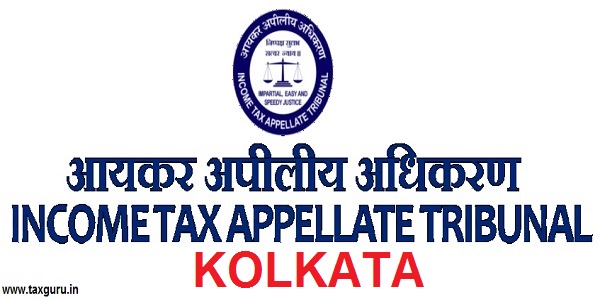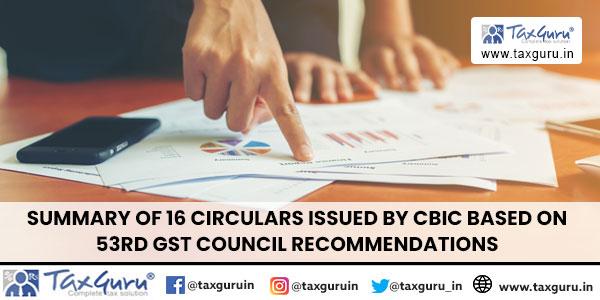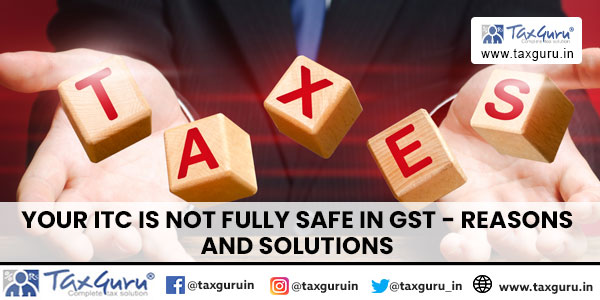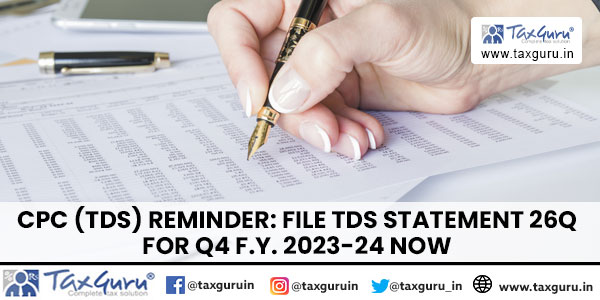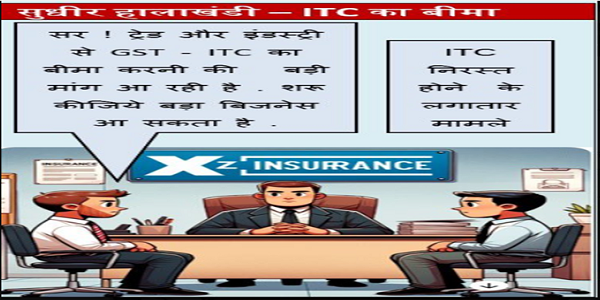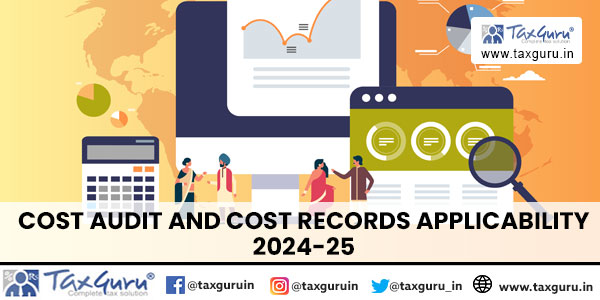Case Law Details
S.J.Suryah (a.k.a. S.Justin Selvaraj) Vs S. S. Chakravarthy (Madras High Court)
Facts- According to appellant, the credit for the story, screenplay and dialogue pertaining to the film ‘Vaalee’ was given to him. The appellant argued that the Trial Court had erred in granting interim injunction, merely because the Petitioner could not produce the written agreement regarding his appointment as the Director.
The High Court was hearing a challenge against the refusal of trial court to grant an injunction for copyright infringement against the producer and one Fakrudeen Ali, who has brought the remake rights of the film, ‘Vaalee’.
Conclusion- There was no material produced before the Single Bench for the trial court to form a prima facie view that it was the appellant herein who retained the copyright in the screenplay and the dialogue. As aforesaid, merely because the producer gave credit to the appellant herein as the author of the screenplay or the dialogue would not amount to an acknowledgment of the appellant’s copyright therein.
FULL TEXT OF THE JUDGMENT/ORDER of MADRAS HIGH COURT
This appeal is directed against a judgment and order of February 09, 2021 passed on a perceived copyright infringement action. By the impugned order, the trial court willy-nilly found that no prima facie case has been made out for the issue of any injunction.
2. The essential facts appear to be admitted. There is no dispute that the first respondent herein produced a film by name “Vaalee” which was directed by the plaintiff-appellant. According to the appellant, credit for the story, screenplay and dialogue pertaining to film “Vaalee” was also given to the appellant.
3. The appellant suggests that irrelevant considerations were taken into account in holding that no prima facie case had been made out by the appellant, despite it being the admitted position that the appellant had been credited with the story as the author of the story and the appellant admittedly being the director of the film. In particular, the appellant says that merely because the appellant could not produce the written agreement with the first respondent herein regarding the appellant having been appointed as the director of the relevant film, the trial court refused to accept the case as made out that the appellant was entitled to exclusively exploit the appellant’s copyright in the story, screenplay and dialogue and, to such extent, the rights conferred by the first respondent to the second respondent herein under the so-called remake agreement dated July 09, 2020 were in excess of the rights available to the first respondent as the producer of the relevant film.
4. Indeed, it is a very high case that is asserted by the appellant herein, that the producer of a cinematograph film has no right to assign the copyright in the relevant film for it to be remade. Apart from the fact that such a proposition may be completely flawed, it may not lie in the mouth of the appellant herein to protest any remake under the present agreement, since it is the undisputed position that previous remakes of the film have been made in Kannada and Telugu without any protest by the appellant herein, as rightly noticed in the impugned judgment. It is not even the appellant’s case that the appellant had acquiesced in the remaking of the film “Vaalee” in Kannada or Telugu for the appellant to assert that he is entitled to now protest the remaking of the said film under the present agreement.
5. There is no doubt that several persons own different aspects of copyright, all of which go into the making of a cinematograph film. While the music that is incorporated in a cinematograph film is differently treated from the rest of the works in the cinematograph film, the story, screenplay and dialogue, which go into the making of the film, may also be capable of independent copyright. However, the difficulty arises in a quia timet action where the plaintiff cannot indicate the infringement or the degree thereof that may be proposed.
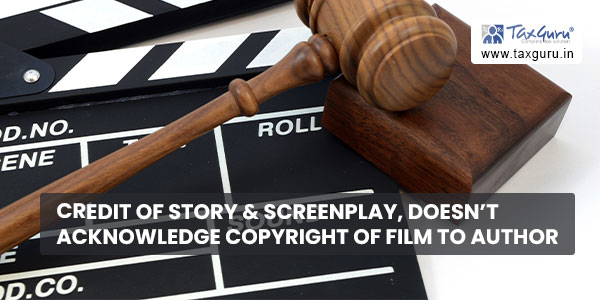
6. Copyright is a statutory right and the law in such regard is captured in the Copyright Act, 1957 and there is no common law right beyond the statute. As to who is the first owner of a copyright, the extent of the work in which copyright subsists, the manner in which copyright can be exploited and even the mode, manner and circumstances in which it may be licensed or assigned, are provided in the statute itself. In such regard, there can be no dispute that in respect of a cinematograph film, it is the producer of the film who is the owner of the copyright in the cinematograph film itself.
7. Ordinarily, the producer of the film commissions and pays for the story, the screenplay, the dialogue, the actors’ performance, the director’s work and the like. Insofar as the copyright in the original story or the original screenplay or dialogue is concerned, to the extent the same is used in the film upon due consideration therefor being tendered by the producer, the producer is also deemed to be the owner of the copyright therein. It cannot be said, thus with any degree of certainty, that when Section 14(1)(d) of the Act of 1957 permits the owner of the copyright to make a copy of the film, such owner may be precluded from making a remake thereof. If the owner of the copyright in a cinematograph film is, by virtue of Section 14(1)(d)(i) entitled to make a copy of the film or remake thereof, such proprietary interest may also be assigned in accordance with law to any other. As is elementary, the copyright subsists in the expression and not in the idea, in the sense that a cloud described in a particular arrangement of words may attract copyright over the arrangement of the words, but if the idea conveyed by the arrangement of words were to be expressed by a different set of words or even a dissimilar arrangement of the same words, copyright of the original arranger of the words would not
8. In such sense, to assert in a quia timet action that the copyright of the original author of the story or of the screenplay writer or the author of the dialogue has been infringed without referring to any infringing material, is somewhat difficult to appreciate. There is nothing to say that the copyright of the appellant herein may ultimately not been infringed. But, that is a matter of evidence and on the satisfaction of the court, an injunction may issue only upon actual infringement or a very wide possibility of infringement being The appellant produced nothing apart from asserting that as the director of the film and the author of its story, screenplay and dialogue, the remaking of the film would not be possible without infringing the appellant’s copyright.
9. The Single Bench appropriately dealt with the matter by applying the applicable law and by even referring to the relevant provision from Section 17 of the Act. Plainly, the Single Bench did not have any material to satisfy itself that there was any infringement or likelihood of infringement of the appellant’s copyright by the second defendant seeking to remake film “Vaalee” in another language, ant to the agreement of July 09, 2020.
10. There is a further aspect which is canvassed by the appellant by referring to the agreement for assignment. The appellant submits that in the manner in which the producer’s rights have been indicated in the relevant agreement, the producer has apparently represented to be the owner of larger rights than the producer may have had. In such context, the trial court has referred to the stand taken by the producer to the effect that the original story-line or the broad outline of the story (the exact word used is “genesis”) may had been brought by the appellant herein, but the producer engaged a team to work on the same for the ultimate story to be flushed out and its screenplay and dialogue written.
11. The Single Bench found that no document had been relied upon by the appellant herein to suggest that the appellant retained the copyright in the story, screenplay or dialogue, notwithstanding credit in respect thereof being given in the film to the appellant. It is possible that the producer of a film engages a famous script-writer for valuable consideration to write the script upon indicating the outlines of the story, whereupon the script is written and made over to the producer to be used in the film. Iin such a scenario, since the work has been commissioned at the instance of the producer and for valuable consideration, it is the producer who retains the copyright in the script notwithstanding the same having been created by the script-writer at the instance of the producer. The credit in this case is given by the producer by seeking to exploit the fame of the script-writer and such credit does not amount to acknowledging the copyright of the script- writer independent of the producer’s right. It cannot be overlooked that in the absence of documents in support of the appellant’s case, several aspects of the matter remained unclear before the trial court and the injunction was clearly not warranted on the case that was made out.
12. In any event, the order impugned makes sufficient room for the appellant herein to produce appropriate material at the time of the trial and the observations therein will not prejudice the appellant in such regard. However, in the event the second respondent herein does not remake the film by the time the suit goes to trial, the appellant herein may face the same difficulty as at the interlocutory stage at the moment.
13. Much reliance has been placed by the appellant on a Division Bench judgment of this court reported at 2017 SCC OnLine Mad 37588 (Thiagarajan Kumararaja v. Capital Film Works (India) Pvt. Ltd) for the proposition that when the copyright in the screenplay and the dialogue is owned by someone other than the producer, the right to remake the film cannot be granted by the producer.
14. The reported judgment has been appropriately dealt with in the judgment impugned herein. In that case, the appeal arose from a decree and it was established that the appellant was the script-writer of the film and was the owner of the copyright therein. In the present case, the appellant has not been able to make out a prima facie case that the appellant is the owner of the copyright in the screenplay or the dialogue pertaining to the relevant film. Ordinarily, a producer has the copyright in the cinematograph film and in the works commissioned in connection therewith. If it is established that the first respondent herein had commissioned the appellant for valuable consideration to write the screenplay and the dialogue, the appellant cannot claim any copyright in respect of such matters. However, in the event the appellant can establish that the screenplay or the dialogue were not commissioned but were permitted to be used by the appellant in course of the production of the film, it would be a different matter.
15. Even at the interlocutory stage, a degree of the burden of proof has to be discharged by a party seeking interim relief. As is apparent from the impugned judgment, there was no material produced before the Single Bench for the trial court to form a prima facie view that it was the appellant herein who retained the copyright in the screenplay and the dialogue. As aforesaid, merely because the producer gave credit to the appellant herein as the author of the screenplay or the dialogue would not amount to an acknowledgment of the appellant’s copyright therein.
16. There does not appear to be any basis to interfere with the prima facie view taken in the judgment and order impugned in declining the injunction as sought at a a stage where the work has not yet been born for the appellant herein to assert any infringement of ppellant’s copyright.
17. OSA No.138 of 2021 is dismissed. CMP Nos.6337, 6339 and 11416 of 2021 are closed. There will be no order as to costs.





